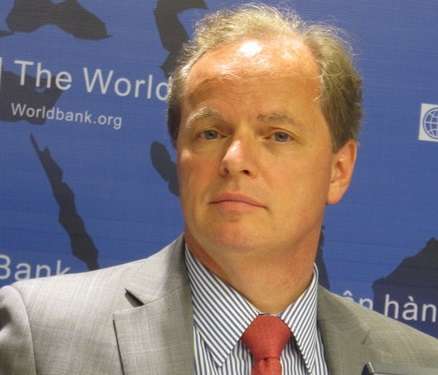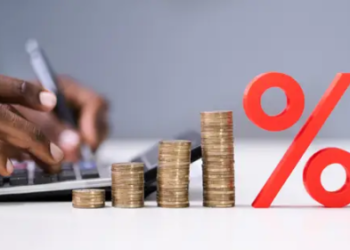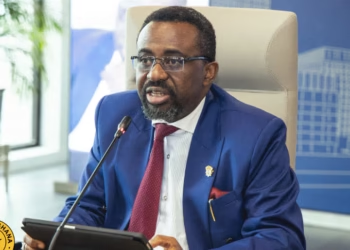World Bank in its analysis report has disclosed that trillions of dollars were wasted on subsidies for agriculture, fishing and fossil fuels, – which could have been used to help combat climate change instead of endangering people and the environment.
According to the report themed ‘Detox Development: Repurposing Environmentally Harmful Subsidies,’ global direct government expenditures in the three sectors were $1.25 trillion a year, around the size of a big economy such as Mexico.
To subsidize fossil fuel consumption, countries, as stated by the report, spend about six times what they pledged to mobilize annually under the Paris Agreement for renewable energies and low-carbon development.
RelatedPosts
“People say that there isn’t money for climate but there is. It’s just in the wrong places. If we could repurpose the trillions of dollars being spent on wasteful subsidies and put these to better greener uses, we could together address many of the planet’s most pressing challenges.”
Axel van Trotsenburg, Senior Managing Director of the World Bank

The report further pointed that in 2021, government subsidies of $577 billion to artificially lower the price of polluting fuels, such as oil, gas, and coal, exacerbated climate change, caused toxic air pollution, inequality, inefficiency, and as well led to the mounting debt burdens. Redirecting these subsidies, it noted, could unlock at least half a trillion dollars for purposes that are more beneficial and sustainable.
The report assessed the detrimental effects of implicit subsidies, which amount to $6 trillion each year. These, it said, represent the costs that subsidies ultimately have on people and the planet due to pollution, greenhouse gas emissions, road congestion, andthe degradation of the natural world.
World Bank Calls For Of Reform Of Subsidy Programs
According to World Bank’s report, in agriculture, direct subsidies of more than $635 billion a year led to the excessive use of fertilizers that degraded soil, water and caused harm to human health. Subsidies for products like soybeans, palm oil, and beef caused farmers to push into the forest frontier and are to blame for 14% of annual forest loss.
Fisheries subsidies, which exceeded $35 billion each year, were a key driver of dwindling fish stocks, over-sized fishing fleets, and falling profitability. With more than 1 billion poor people obtaining most of their animal protein from fish, it is critical that the world’s fish stocks are restored to healthy status.
The report also revealed that 7 million people worldwide die prematurely each year as a result of the filthy air caused by the burning of coal, gas, and oil. The burden falls mostly on the poor, it added.
“With foresight and planning, repurposing subsidies can provide more resources to give people a better quality of life and to ensure a better future for our planet. Much is already known about best practices for subsidy reform, but implementing these practices is no easy feat due to entrenched interests, challenging political dynamics, and other barriers.”
Richard Damania, Chief Economist of the Sustainable Development Practice Group at the World Bank

World Bank in its report advised that in order for subsidy reform to be successful, governments should; Build public acceptance through clear communication; Reimburse the most vulnerable groups through social assistance programs such as cash transfers; Give people and businesses time to adjust, and Show how freed-up revenue is being reinvested to support longer-term development.
Read also: IMF Staff Mission Express Optimism In Ghana’s Economy As The Country Shows Signs Of Resilience























